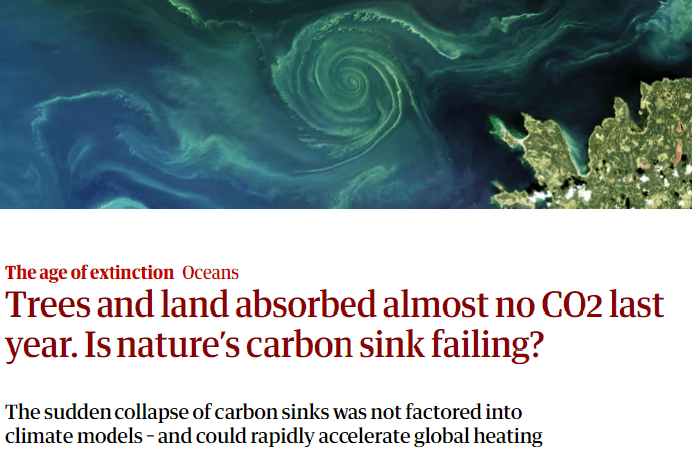Sublime
An inspiration engine for ideas
> be me, move to Manhattan
> thought rich people just had drivers and doormen
> turns out there's an entire shadow economy catering to the ultra-rich: assistants, private chefs, security, manicurists, masseuses
> meet a 24 y/o girl from some random Midwest state school
> now a “family... See more
John Wangx.com
Fuck Fuck Fuck Fuck Fuck Fuck Fuck Fuck Fuck Fuck Fuck Fuck Fuck Fuck Fuck Fuck Fuck Fuck Fuck Fuck Fuck Fuck Fuck Fuck Fuck Fuck Fuck Fuck Fuck Fuck Fuck Fuck Fuck Fuck Fuck Fuck Fuck Fuck Fuck Fuck Fuck Fuck Fuck Fuck Fuck Fuck Fuck Fuck Fuck Fuck Fuck Fuck Fuck Fuck Fuck Fuck Fuck Fuck Fuck Fuck Fuck Fuck Fuck Fuck Fuck Fuck Fuck Fuck Fuck Fuck... See more
However, if we truly aim at discussing the economy at a level where we can start to grasp it in its broadest sense we need to add the “invisible” economy, or what is more often called the non-monetary economy. This is a system of economies typically embedded in a monetary economy yet it undertakes tasks that benefit society by means that the... See more
Jenny Grettve • economicspaces
By the eighteenth century, a new ideology was taking form, especially in Britain, that “greed is good” (to use a recent summary formulation), because greed spurs a society’s efforts and inventiveness. By giving vent to greed, the logic goes, societies can best harness the insatiable ambitions, great energies and ingenuity of their citizens. While
... See moreJeffrey D. Sachs • The Ages of Globalization: Geography, Technology, and Institutions
If you think about it, this work of caring for our children as nannies, or our aging parents as homecare workers, is some of the most profound and important work in our lives. We call it the work that makes everything else possible, because it makes it possible for all of us to go out and do what we do every day, knowing that some of the most... See more
Krista Tippett • Ai-jen Poo — This Is Our (Caring) Revolution | The On Being Project
For instance: in our society, there seems a general rule that, the more obviously one’s work benefits other people, the less one is likely to be paid for it. Again, an objective measure is hard to find, but one easy way to get a sense is to ask: what would happen were this entire class of people to simply disappear? Say what you like about nurses,... See more
David Graeber • On the Phenomenon of Bullshit Jobs by David Graeber (366ES) — Atlas of Places
La storia sui conducenti d’autobus rivela la proverbiale trave nel nostro occhio. Dimostra che la qualità della vita di gran parte della popolazione dei paesi ricchi dipende dall’esistenza del più rigido dei controlli sui mercati del lavoro: il controllo sull’immigrazione. Ciò nonostante, quando si parla delle virtù del libero mercato il controllo
... See more